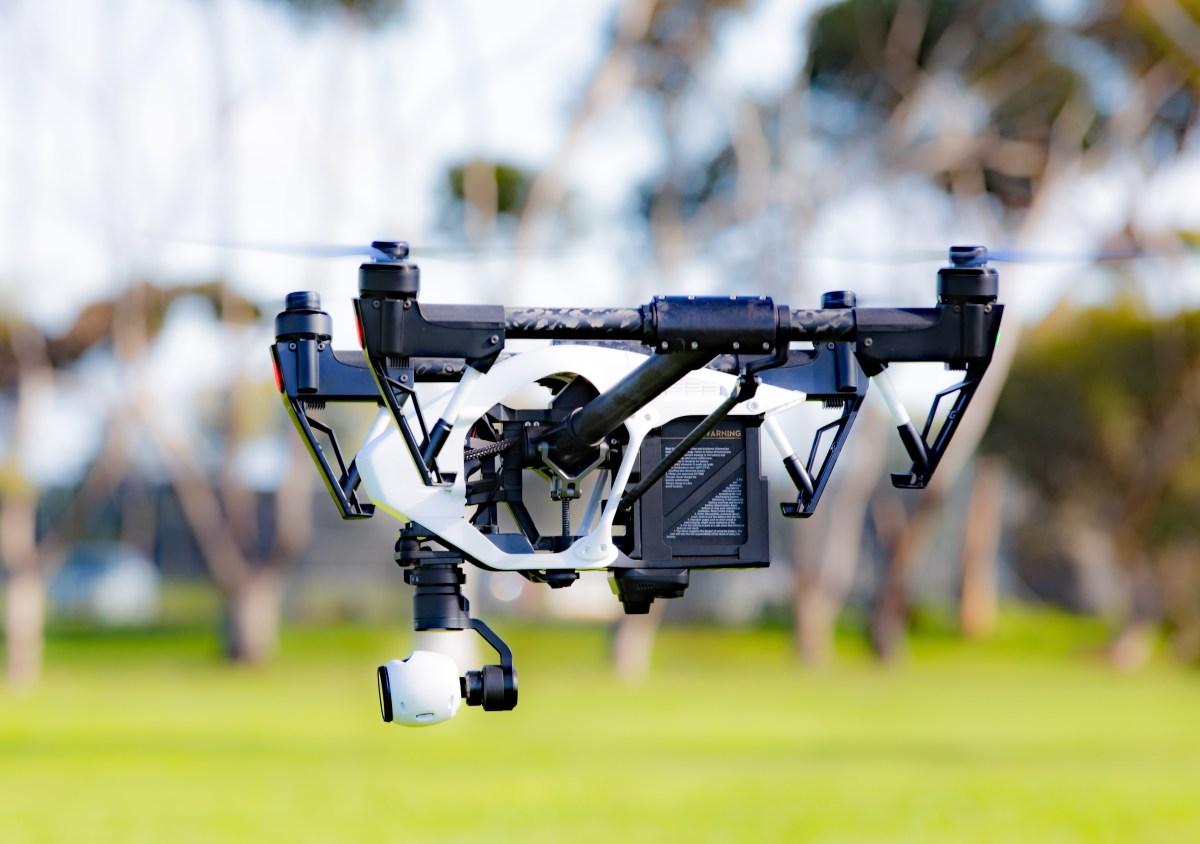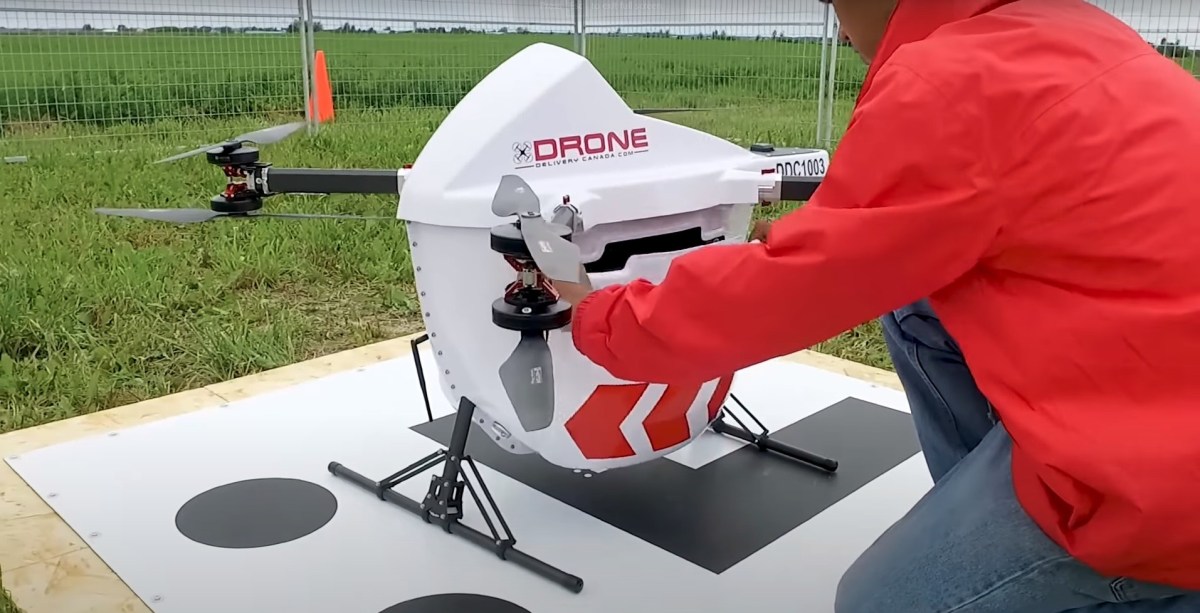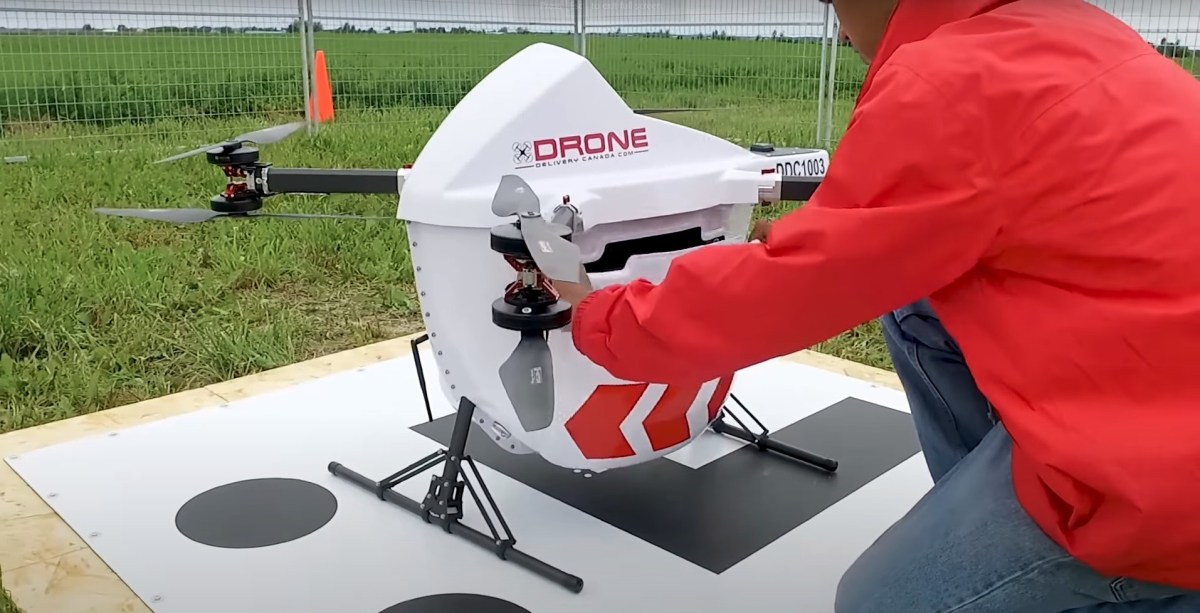Drone Mobile Canada: This guide explores the burgeoning world of drone technology in Canada, covering everything from stringent regulations and exciting applications to the economic impact and future trends. We’ll delve into how drones are revolutionizing various sectors, from agriculture and infrastructure inspection to delivery services, examining both the advantages and challenges this rapidly evolving technology presents.
We’ll dissect the current legal landscape, comparing regulations across provinces and outlining licensing requirements for both recreational and commercial use. We’ll also analyze the economic implications, projecting market growth and exploring job creation opportunities. Safety and security concerns will be addressed, along with a look at future innovations like AI-powered autonomous flight and their potential societal impact. Finally, we’ll showcase successful case studies illustrating the practical applications of drone technology in Canada.
Drone Regulations in Canada
Navigating the Canadian drone landscape requires understanding both federal and provincial regulations. These rules are crucial for safe and legal operation, whether for recreational or commercial purposes. Failure to comply can lead to significant penalties.
Federal Drone Regulations
Transport Canada sets the overarching rules for drone operation across Canada. These regulations cover aspects like drone registration, operational limitations (such as maximum altitudes and distances from airports), and pilot certifications. Key aspects include maintaining visual line of sight with the drone and adhering to airspace restrictions.
Provincial Drone Regulations
While Transport Canada provides the foundational framework, some provinces and territories have implemented additional regulations. These often relate to specific local concerns, such as environmental protection or public safety in densely populated areas. It’s essential to check both federal and provincial regulations for your specific location.
Commercial Drone Licensing in Canada
Operating a drone commercially in Canada requires obtaining a Special Flight Operations Certificate (SFOC) from Transport Canada. This involves demonstrating proficiency in drone operation, understanding relevant regulations, and meeting specific safety requirements. The application process can be complex, requiring detailed operational plans and risk assessments.
Recreational vs. Commercial Drone Use
The key differences between recreational and commercial drone use are significant, impacting licensing, operational limitations, and insurance requirements. The table below summarizes these differences.
| Feature | Recreational Use | Commercial Use | Key Differences |
|---|---|---|---|
| Licensing | Basic online registration often sufficient | Requires Special Flight Operations Certificate (SFOC) from Transport Canada | Formal licensing vs. basic registration |
| Operational Limits | More relaxed restrictions, but still subject to general airspace rules | Stricter limitations based on operational plans and risk assessments | Flexibility vs. regulated operations |
| Insurance | Generally not required, but recommended | Typically required, depending on the nature of operations | Optional vs. mandatory |
| Purpose | Hobby, recreation, personal use | Profit-generating activities, data collection for business purposes | Personal vs. professional use |
Mobile Drone Applications in Canada

Drones are rapidly transforming various sectors in Canada, offering unique advantages for mobile applications. Their versatility and ability to access otherwise difficult-to-reach areas make them invaluable tools.
Drone Applications Across Sectors
Canadian industries are leveraging drones in diverse ways. Agriculture utilizes drones for crop monitoring and precision spraying. Infrastructure inspection companies employ them for bridge and pipeline assessments, minimizing risk to human inspectors. Delivery services are exploring drone-based package delivery, especially in remote areas.
Advantages and Disadvantages of Mobile Drones, Drone mobile canada

While offering numerous benefits, mobile drone use also presents challenges. Advantages include cost-effectiveness, increased efficiency, and improved safety in certain applications. Disadvantages can include regulatory hurdles, weather dependence, and potential privacy concerns.
Technological Advancements in Mobile Drone Capabilities
Technological progress continues to enhance mobile drone capabilities. Advancements in battery technology extend flight times, while improved sensor technology allows for more detailed data collection. Autonomous flight features are becoming increasingly sophisticated, reducing the need for constant human intervention.
Commonly Used Sensors in Mobile Drones
The effectiveness of mobile drones hinges on the sensors they carry. Different applications require different sensor types.
- RGB Cameras: For high-resolution visual imagery, crucial for inspection and mapping.
- Multispectral and Hyperspectral Cameras: Used in agriculture for precise crop analysis and disease detection.
- Thermal Cameras: Detect heat signatures, useful for infrastructure inspection and search and rescue operations.
- LiDAR Sensors: Create 3D models of terrain and objects, essential for mapping and surveying.
Ending Remarks: Drone Mobile Canada

The integration of drone technology into the Canadian landscape is undeniably transforming various sectors, creating new economic opportunities and presenting unique challenges. Understanding the regulations, safety protocols, and future trends is crucial for both responsible operation and maximizing the benefits of this innovative technology. As drone technology continues to advance, its impact on Canadian society will only grow, necessitating ongoing dialogue and adaptation to ensure safe and responsible implementation.
FAQ Explained
What are the penalties for violating drone regulations in Canada?
Penalties vary depending on the severity of the violation and can include fines, license suspension, or even criminal charges.
Can I fly my drone at night in Canada?
Generally, night flights require special authorization and adherence to stricter safety guidelines.
What insurance is needed for commercial drone operation?
Commercial operators typically need liability insurance to cover potential damages or injuries caused by their drone operations.
How do I get a drone pilot license in Canada?
Licensing requirements depend on the type of drone operation (recreational or commercial) and involve passing a knowledge test and potentially a flight test.
